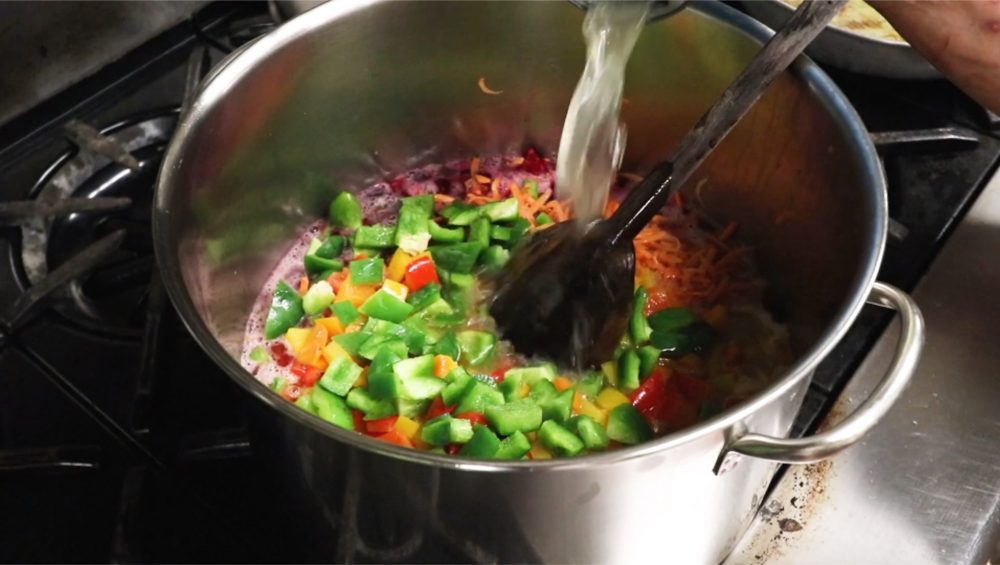As we age, our bodies undergo various changes that can affect our overall health and well-being. One of the most important aspects of healthy aging is maintaining a healthy diet. Let’s discuss the importance of nutrition for seniors and provide tips for healthy eating.
Why is nutrition important for seniors?
Nutrition is essential for seniors because it can help them maintain a healthy weight, stay energized, and get the nutrients they need. It can also lower their risk of developing chronic health conditions, such as heart disease and diabetes, prevent some diseases, such as osteoporosis, high blood pressure, heart disease, type 2 diabetes, and certain cancers, improve their energy levels, boost their immune system, make them feel great inside and out, restore feelings of youthfulness, improve their health, reduce risk for disease, prevent excessive loss of strength.
Tips for healthy eating:
- Eat a variety of foods: Eating a variety of foods from each food group can help reduce the risk of developing diseases such as high blood pressure, diabetes, and heart disease. Choose foods with little to no added sugar, saturated fats, and sodium. To get enough protein throughout the day and maintain muscle, try adding seafood, dairy or fortified soy products along with beans, peas and lentils to your meals.
- Choose nutrient-rich foods: Nutrient-rich foods are good for weight control and preventing or managing chronic conditions. Some of the best foods for seniors are fruits, vegetables, whole grains, lean meats, seafood, poultry, eggs, legumes and low-fat dairy. Some nutrients that are especially important for seniors are calcium, vitamin D, fiber, vitamin B12 and potassium.
- Stay hydrated: Drinking plenty of water throughout the day can help seniors stay hydrated and aid in the digestion of food and absorption of nutrients.
- Avoid sugary drinks: Sugary drinks can be high in calories but lack vital nutrients.
- Limit alcohol intake: Drinking too much alcohol can lead to dehydration and other health problems.
- Avoid processed foods: Processed foods are often high in sodium and unhealthy fats.
- Control portion sizes: Portion control may be necessary for some seniors to maintain a healthy weight.
In addition to these tips, there are many other ways that seniors can maintain a healthy diet. For example:
- Eat breakfast every day: Eating breakfast every day can help jumpstart your metabolism and provide you with energy throughout the day.
- Snack on fruits and vegetables: Snacking on fruits and vegetables is a great way to get extra nutrients throughout the day.
- Cook at home: Cooking at home allows you to control what goes into your meals and can help you avoid unhealthy ingredients.
- Read food labels: Reading food labels can help you make informed decisions about what you eat.
- Take dietary supplements: Talk to a doctor or registered dietitian before taking dietary supplements to cover any nutrient gaps in your diet.
Nutrition is essential for seniors’ overall health and well-being. Eating a variety of nutrient-rich foods from each food group can help reduce the risk of developing diseases such as high blood pressure, diabetes, and heart disease. Staying hydrated by drinking plenty of water throughout the day is also crucial for seniors’ health. By following these tips outlined above along with other tips mentioned in this article such as eating breakfast every day or cooking at home can help seniors maintain a healthy diet.





